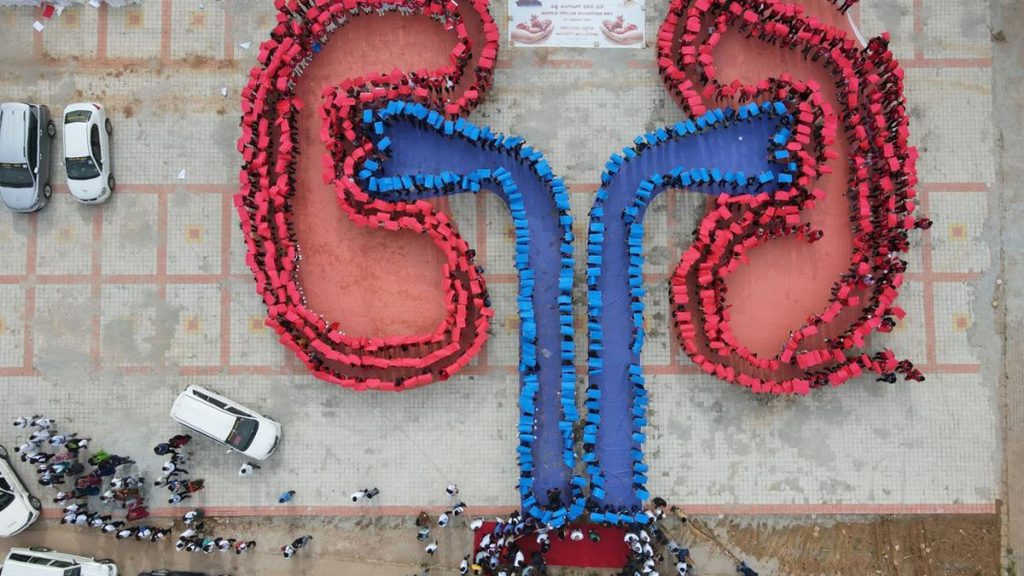Now Reading: GST Notices to Traders: A Preventable Ground-Level Oversight
-
01
GST Notices to Traders: A Preventable Ground-Level Oversight
GST Notices to Traders: A Preventable Ground-Level Oversight
Rapid Summary
- The GST notice controversy in Karnataka involved 18,000 notices issued based on data received from UPI platforms.
- notices targeted traders whose turnover exceeded ₹40 lakh for goods or ₹20 lakh for services under GST mandates.
- Officials failed to clarify the business nature and exempted goods, leading to notices being sent to vendors selling milk, vegetables, flowers, meat, and fruits-items that are tax-exempt.
- Senior officials criticized the exercise as “thoughtless” and lacking proper groundwork like spot visits or surveys of business premises.
- Some transactions were incomplete due to missing data from several UPI platforms; so the process lacked comprehensiveness.
- High targets for state GST collection-expected at ₹1.20 lakh crore (2025-2026)-may have pressured officials into expanding revenue collection efforts prematurely. In comparison, only ₹1.02 lakh crore was collected last fiscal year.
Indian Opinion analysis
The Karnataka GST issue highlights systemic challenges tied to enterprising revenue targets and inadequate ground-level planning in enforcement efforts. The issuance of faulty tax demand notices points toward procedural lapses that could strain government credibility among traders while risking legal setbacks if disputed in courts.
Proactively assessing businesses before issuing fiscal demands seems essential when working wiht new sources like UPI-based data analysis. Moreover, over-reliance on unrealistic revenue goals that don’t align with GDP growth risks creating similar future scenarios across othre states adopting IT-driven enforcement methods.
Balanced reforms emphasizing clarity coupled with realistic financial markers might potentially be key for maintaining trust between commercial entities and tax authorities while meeting developmental needs.























